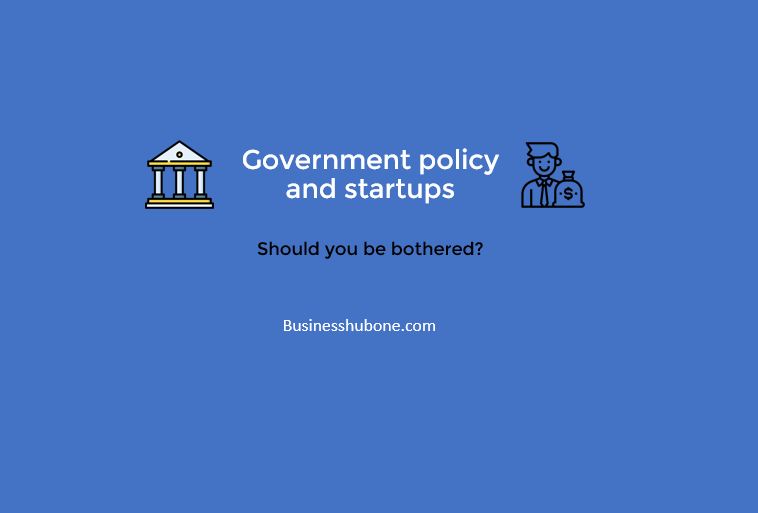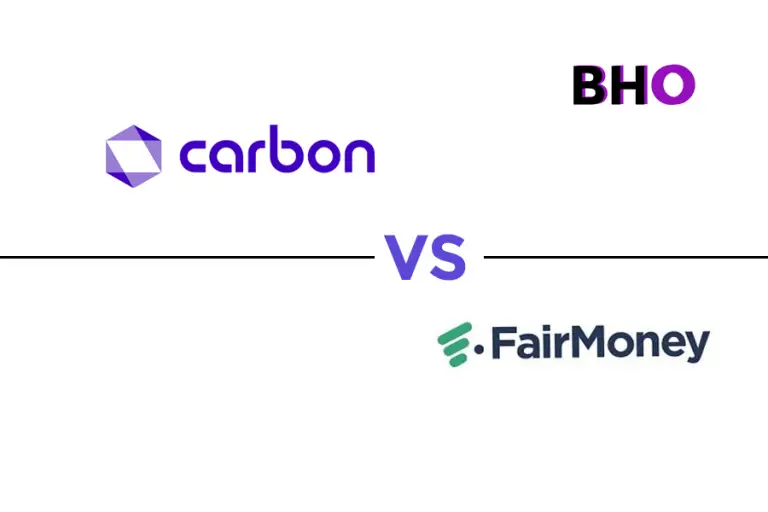Government policy and startups: Should you be bothered?
Startups need to have a lot of things go right before they can claim to be a success. Many of these factors involve the founders, teams, and consumers, and may be influenced by the founders directly or indirectly. But there is one which can also be crucial to success quite out of the reach of the founder(s). This factor is government policy. Government policies can go a long way to influence the success of startups either positively or negatively. What relationship exists between government policy and startups, and should you be bothered or not?
More recently, the government of Lagos State, Nigeria placed a ban on motorcycles as a means of commercial transportation on most of the major highways in Lagos state.
This singular announcement crippled a fast-growing multi-million dollar market – bike hailing and logistics
Most times, especially in developing countries such as Nigeria where every household has its own water and power corporation as boreholes and generators.
The frenzy to dissociate as much as possible from the gross inefficiency of the government is high.

However, in building successful startups, there is very limited possibility for a startup to stand independently as it rides all the way to success.
The paths of government policy and startups’ success are interwoven and there is a subliminal level that government policy must not go below if startups are to thrive.
By definition and goals, a startup is not allowed to be in the shadow of any economy.
A startup is a problem-solving organization in search of a scalable,
The problem-solving and scalability attributes of a startup make it impossible to stay in the background.
Case Study: India start-up ecosystem
The Indian government has more than 49 schemes for idea-stage, early-stage startups and growth-stage companies over a period of time and many of these were introduced before the launch of the Startup India plan.
This kind of interest in startups has put India on the map as a startup country.
India is also thought of in the light of other famous startup-friendly Eco-systems such as the US, Israel, and Singapore.
Growth!
The growth of the scene should go as far as 2,000+ new startups created each year by 2020, and job creation from these entrepreneurs go from 65-75k as of today to 250-300k by 2020 – Source
Disruption
It is typical for startups to face stiff opposition from existing generic businesses as they try to develop their product offerings and break into existing markets, This opposition is a resistance to the disruption that will be potentially introduced if the customers accept the new business model that is typical of most startups







